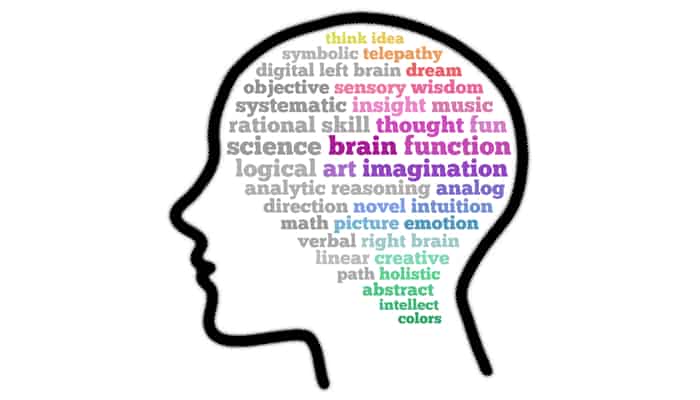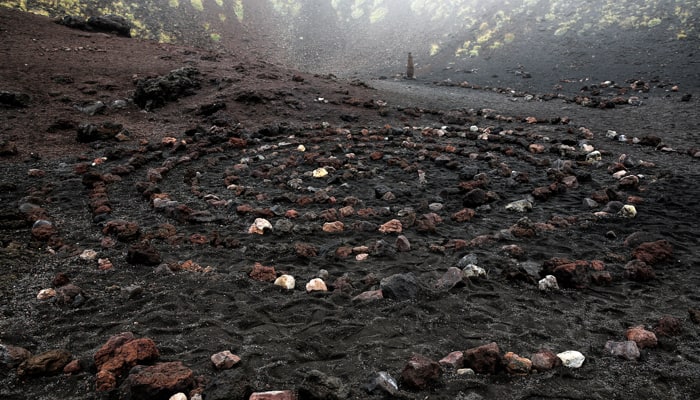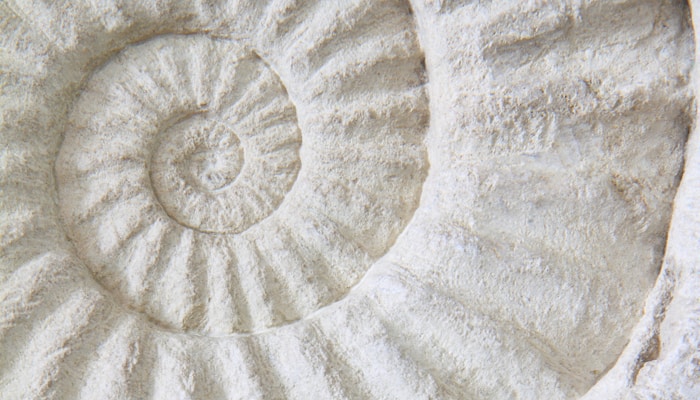Library
Article: Energy Medicine
By Isa Gucciardi, Ph.D.
We tend to think of ourselves as material beings, interacting with material objects – but if you think about it, much of your reality is strongly influenced by the unseen. Are your thoughts material? Are your emotions material? How much of your reality is influenced by your thoughts and emotions? Is there anything that you do that you have not thought about before doing? Is there anything that you do that you don’t have feelings about?
Podcast: Episode 01: The Nature of Relationships
It is through our relationships that we come to know who we are. One of the principles of Depth Hypnosis is that we are all teachers to one another; all of our interactions with others reflect our relationship to our deeper self. Most of us come into this life with misconceptions about the nature of who we are and disruptions in the relationship with our deeper self and with the universal flow. By engaging in relationship with others we come to see where these disruptions are. In this excerpt from a Relationship and Power workshop, Isa Gucciardi, Ph.D., offers examples of hidden aspects of relationship that lie beneath more obvious relationship dynamics. She also discusses co-dependence.
Article: Shamanic Counseling Case Study: Soul Retrieval
By Isa Gucciardi, Ph.D.
From the shamanic perspective, one of the primary causes of imbalance is soul loss. Soul loss can be caused by any type of trauma: emotional, physical, spiritual, or psychological. And trauma can be the result of many things including verbal or physical attack, surgery, abuse, or a sudden loss. From a shamanic perspective, when trauma occurs, a soul part can become “frozen outside of time.” When this happens, the soul part does not evolve with the person as they continue their life. If this situation is not addressed, many problems can occur, including depression, addiction, and even chronic illness.
Article: Notes Towards a New Understanding of Education: Bringing Intuitive and Empirical Learning Into Balance
By Isa Gucciardi, Ph.D. and Laura Chandler
As we approach the time of year where we traditionally return to formal education, it is important to consider the role that education plays in our lives. Education is defined in many different ways, and might generally be understood as a process where information regarding the nature of reality is transmitted from one person to another in a group setting.
This idea of reality could be described as a kind of consensus, based on empirical information that has been accumulated and synthesized into a modality that can be passed on through educational systems. The skillset that we develop in order to participate in this process of education requires that each individual must, to some degree, attune to the demands of the group, the desires of the instructor, and work towards the development of a rational intellect that can reproduce what is taught in a socially acceptable way. These are important skills, and necessary for members of any society.
There is, however, another important aspect of learning that is almost completely overlooked in traditional educational environments.
Article: Applying Energy Medicine Techniques to an Autoimmune Response
By Isa Gucciardi, Ph.D.
A basic principle of energy medicine is that health and well-being are maintained on three levels: physical, mental/emotional, and spiritual. In Western culture, we think of illness as related only to the physical. However, the physical presentation of an illness is usually the last stage of a long-standing problem.
Article: Using Depth Hypnosis Techniques to Treat Abuse
By Isa Gucciardi, Ph.D.
In my Depth Hypnosis practice, I work with many survivors of sexual, physical, and emotional abuse. Most survivors have developed defenses around the abuse and the memory of it, and although this may be helpful at the time, it prevents the survivor from fully integrating the emotions of the experience. The key to healing abuse involves remembering the experience, and integrating the emotions that are associated with the abuse – emotions such as fear, pain, or betrayal, for example.
Article: The Use of Altered States in Depth Hypnosis to Break Down Blocks and Resistance
By Isa Gucciardi, Ph.D.
One of the most difficult issues a person trying to understand herself comes across is the issue of resistance. Uncovering unconscious blocks to understanding is often surprising and puzzling. On the one hand, we know what is happening in our lives internally or externally is generating pain and would like very much to be relieved of it. On the other hand, we often run into resistance to change even though we suspect that change will relieve of us our suffering.
Article: War and Soul Loss
By Isa Gucciardi, Ph.D.
It has been unfashionable for veterans returning home from war to talk about the effect their experiences during the war has had on them. I have had countless children of veterans tell me that their fathers had never once spoken of their experience in World War II, Korea, or Vietnam. I have known veterans who stop speaking when war is brought up. Most men returning from war have turned to silence to deal with the trauma of their experience on the battlefield. This is, after all, the “manly” thing to do. The effect that this silence has on their personal life, their family life, and the society in which they live is often minimized or completely disregarded.
Article: What is Depth Hypnosis?
By Isa Gucciardi, Ph.D.
Depth Hypnosis is a synthesis of Transpersonal Psychology, Shamanism, Hypnotherapy, and Buddhism. The following description is especially helpful for those who might be considering entering the advanced training course in Depth Hypnosis.
The philosophy underlying transpersonal psychology – that true healing can only take place when one recognizes one’s place within a much larger context of the shared experience of the soul – is the underpinning of my practice. The techniques of shamanism and hypnotherapy provide the catalysts for healing within that context. The differences between the disciplines of shamanism and hypnotherapy are much fewer than the similarities.
Article: Working with the Shamanic Journey
By Isa Gucciardi, Ph.D.
Shamanism is the core spiritual and healing practice of most indigenous cultures. The Shaman serves as the medical, psychological, and spiritual counselor of these cultures. One of the primary responsibilities of the Shaman is to interface between the world of the seen and the unseen. As part of the interface between these two worlds, the shaman uses the shamanic journey. The shamanic journey is a term that is used to describe the primary vehicle that Shamans use to perceive phenomena beyond the conscious mind. It is a method of perceiving the psyche and world of spirit, as well as a means of gaining deeper insight into the world around us.
Article: Using Depth Hypnosis With Eating Disorders
By Isa Gucciardi, Ph.D.
Eating disorders are a common presenting problem in the West. Mainstream psychotherapists categorize these disorders according to the specific behaviors involved, providing different diagnoses for someone who binges and purges (a bulimic), as opposed to someone who withdraws from food (an anorexic.) This seems to imply a nascent understanding of the different energetic patterns underlying each disorder. However, mainstream psychotherapy generally fails to trace this understanding down to the origin of the disorder within a person’s psyche.
Article: The Ancient Roots of Huna
By Isa Gucciardi, Ph.D. and Laura Chandler
The Huna tradition of Hawaii is a shamanic tradition with roots far deeper than the Pacific Islands. It is a window into a much more ancient wisdom – one that flows beneath all shamanic and spiritual traditions. Like flowers blooming on the same vine, spiritual traditions draw from a similar source. Just as each flower is unique, each culture is unique in the way that it expresses and preserves specific aspects of this underlying body of knowledge. The Huna tradition offers a rare perspective of this source and a glimpse into the ancient oral traditions that have existed from the beginning of humankind.
Article: Using Depth Hypnosis Techniques to Treat PTSD
By Isa Gucciardi, Ph.D.
Post Traumatic Stress Syndrome is a surprisingly pervasive disorder suffered by hundreds of thousands of people in the United States alone. Formerly referred to as shell shock in World War I and World War II soldiers, and later named Post Traumatic Stress Disorder (PTSD) in Vietnam veterans coming home from the war, it is now recognized by the American Psychological Association (APA) as a legitimate psychological disorder, affecting many people, military and otherwise. The causes of PTSD vary, but the common factor is usually a traumatizing event. Any long or short-term event, such as an accident or physical abuse, can permanently affect a person and cause PTSD.
Article: An Interview with Isa Gucciardi
Q. What brought you to this line of work?
A. The beauty of nature has always been an inspiration to me. From the time I was a very young child, I had trouble reconciling the fact that most humans seem to have difficulty appreciating or understanding the sanity and organization of nature that seems so fundamental to my observations. Through all of the subjects I teach – from Integrated Energy Medicine, Depth Hypnosis, Applied Shamanism to Buddhist Psychology – I am always endeavoring to help people move into a place where they can begin to appreciate the beauty of the world which supports us. I think it is the desire to open people to this beauty and to align myself more fully with it that brought me here.
Article: Death, Acceptance, and Grace
By Isa Gucciardi, Ph.D.
When a loved one is dying or has died, our defenses to all of the complicated aspects of our relationship with that person are often shaken. If we are lucky, we are less able to keep in place all the unconscious agreements with that person and we are afforded a time to explore those agreements and how they affect our ability to be honest with ourselves. To deepen this process, it is often helpful to use hypnosis and its ability to further weaken the conscious defenses we have to death in order to more fully understand ourselves.
This part of the grieving process, this deeper exploration of the meaning of how death highlights these hidden places in our relationships, is often masked by the homilies of organized religion, the need to save face in front of family members, and the urging by well-meaning friends to just get on with our lives. Even if we find we are able to explore these places, we rarely have the luxury of doing so with the person who is dying.















